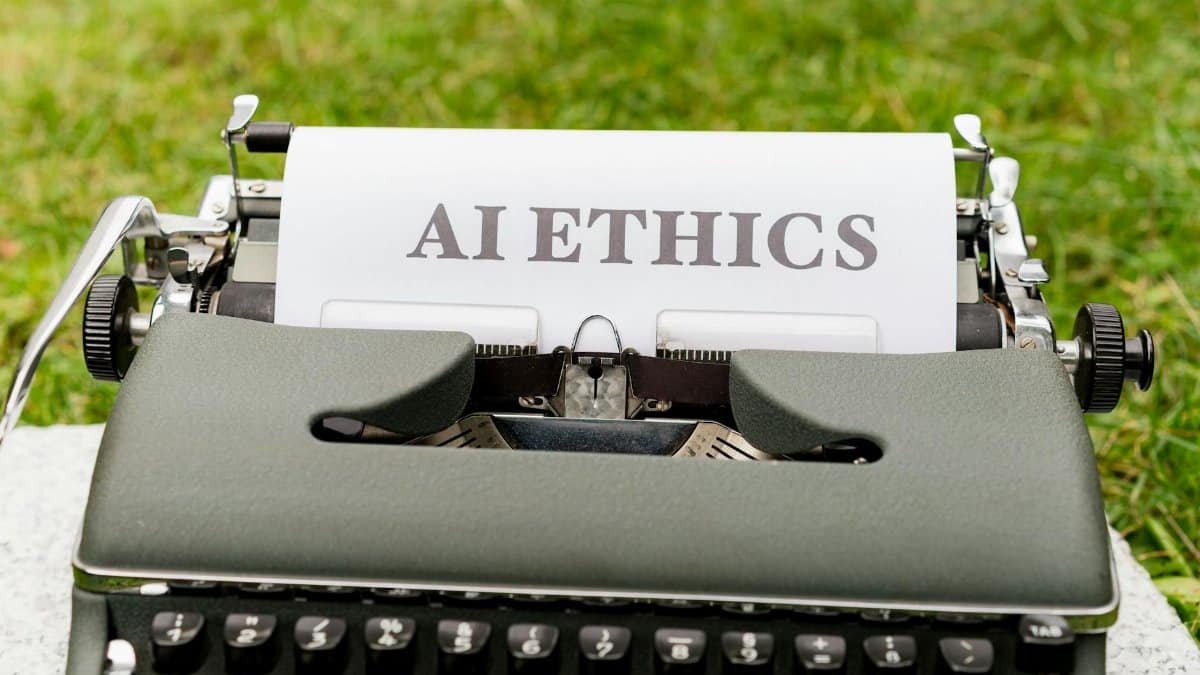Imagine a quiet morning, the kind where the world still feels half-asleep. Over coffee, someone flips open a laptop, not to check emails, but to read an analysis of last night’s dreams—generated by artificial intelligence. This isn’t science fiction; it’s a growing reality. AI dream journals, apps that interpret the symbols and narratives of our subconscious, promise insight into our deepest thoughts. But beneath the allure lies a thorny question: what are the boundaries of ai dream ethics? As these tools become more sophisticated, scanning our most private mental landscapes, they raise concerns about consent, data security, and the very nature of personal revelation. How much of ourselves should we hand over to algorithms, even in pursuit of self-understanding? This isn’t just about technology—it’s about trust, vulnerability, and the fragile line between human experience and machine interpretation.
Unpacking AI Dream Journals
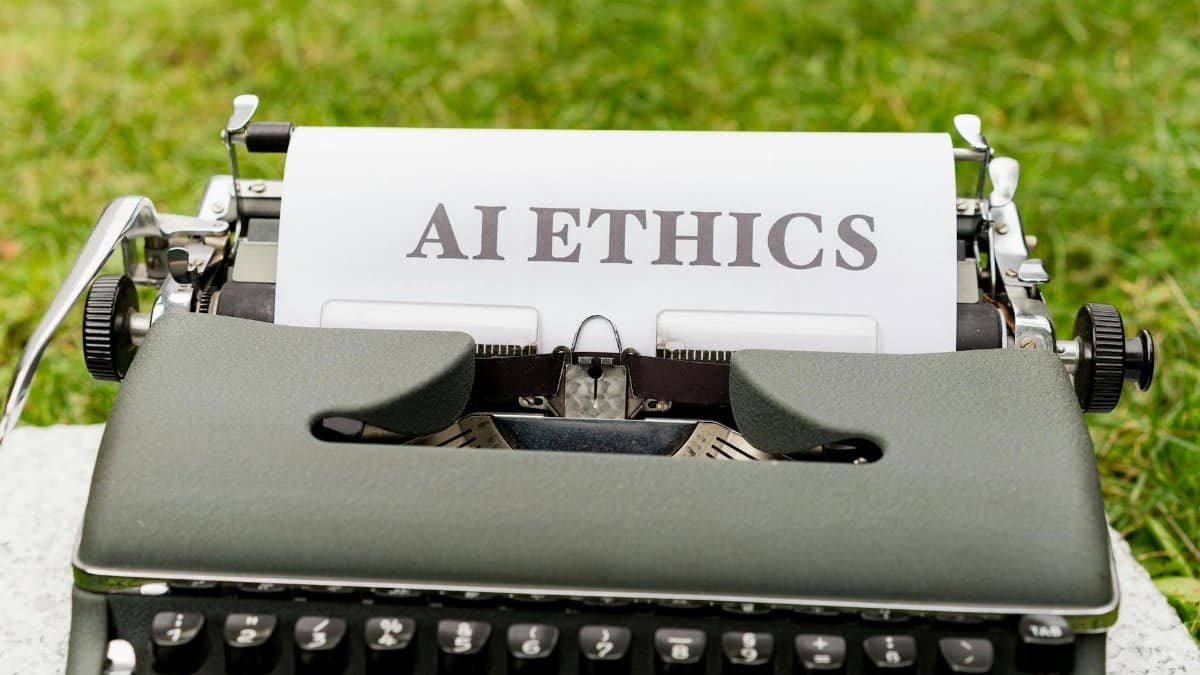
At their core, AI dream journals are digital tools designed to record and analyze the fragmented stories we live out while sleeping. Users type or voice-record their dreams, and the AI sifts through patterns, offering interpretations based on psychological theories, cultural symbolism, or personal data. Some platforms, like those discussed in reports from MIT Technology Review, even claim to predict emotional states or unresolved conflicts. It’s a compelling pitch: a window into the mind, accessible with a few clicks. Yet, the technology’s ability to “read” us so intimately sparks unease. Who programs the lens through which our dreams are seen? And what happens when an algorithm knows us in ways we don’t know ourselves?
The appeal is undeniable. A busy professional in Chicago might turn to such an app after weeks of recurring nightmares, hoping for clarity. The AI might suggest stress as the root, pointing to specific imagery—falling, endless corridors—as evidence. But the interpretation isn’t neutral. It’s shaped by the data and biases baked into the system, raising questions about accuracy and influence.
The Privacy Paradox

Dreams are raw, unguarded. They’re the one space where we can’t curate or filter ourselves. So, when we feed them into an app, we’re handing over something profoundly personal. According to a 2023 study by Pew Research Center on digital privacy, over 60% of Americans worry about how their data is stored and used by tech platforms. AI dream journals amplify this concern. What if a company mines dream data for marketing—say, targeting users with ads for sleep aids after detecting anxiety themes? Worse, what if a data breach exposes these intimate logs?
Consider a scenario shared in online discussions: someone described feeling violated after realizing their dream journal app required constant internet access, hinting at cloud storage they hadn’t consented to. Even anonymized, the emotional weight of such data could be pieced together. The stakes of ai dream ethics here aren’t abstract—they’re about safeguarding the last frontier of privacy.
Consent in the Subconscious Realm
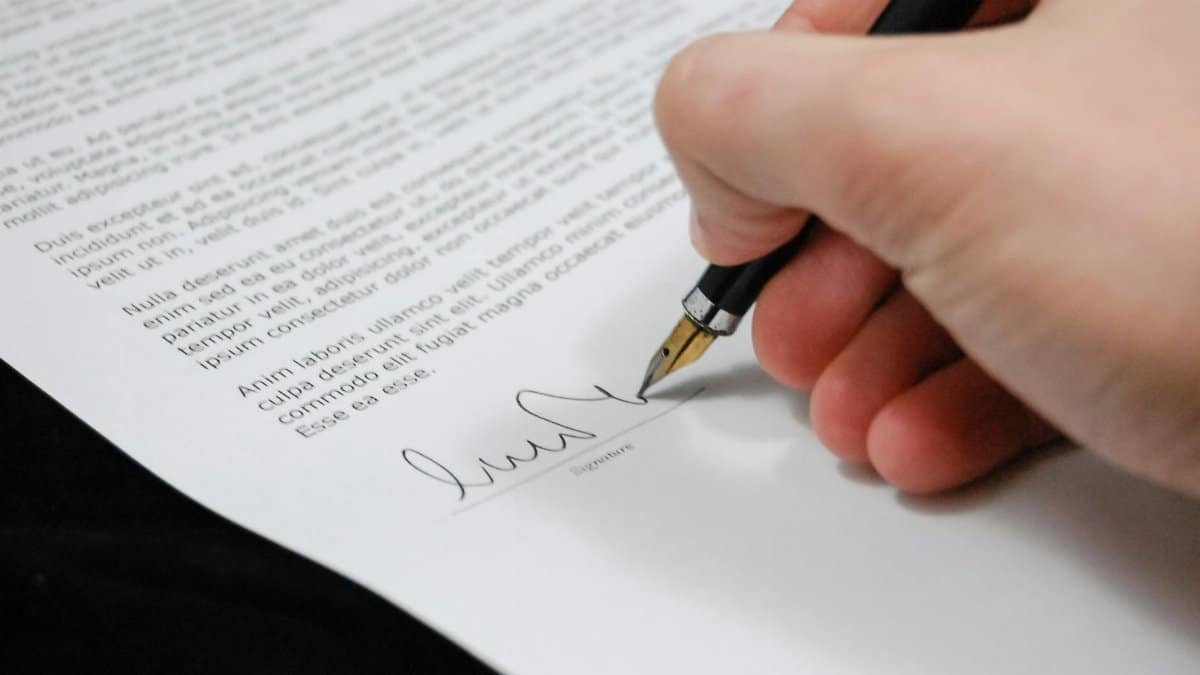
“Did I agree to this?” That’s a question many users might ask only after the fact. Consent with AI dream tools isn’t as straightforward as clicking “I accept.” Most apps bury data usage policies in fine print, leaving users unclear about how their subconscious musings might be analyzed or shared. A report from Electronic Frontier Foundation highlights how often tech companies exploit vague terms to expand data collection. When it comes to dreams, the ethical bar should be higher. How can someone consent to an interpretation they don’t fully understand—or to an algorithm learning from their psyche over time?
This isn’t just a legal issue; it’s deeply human. Imagine a teenager using an app to process grief through dream analysis, unaware that their entries contribute to a broader dataset. The lack of transparency erodes trust, turning a tool of healing into a potential source of exploitation.
Cultural and Psychological Risks
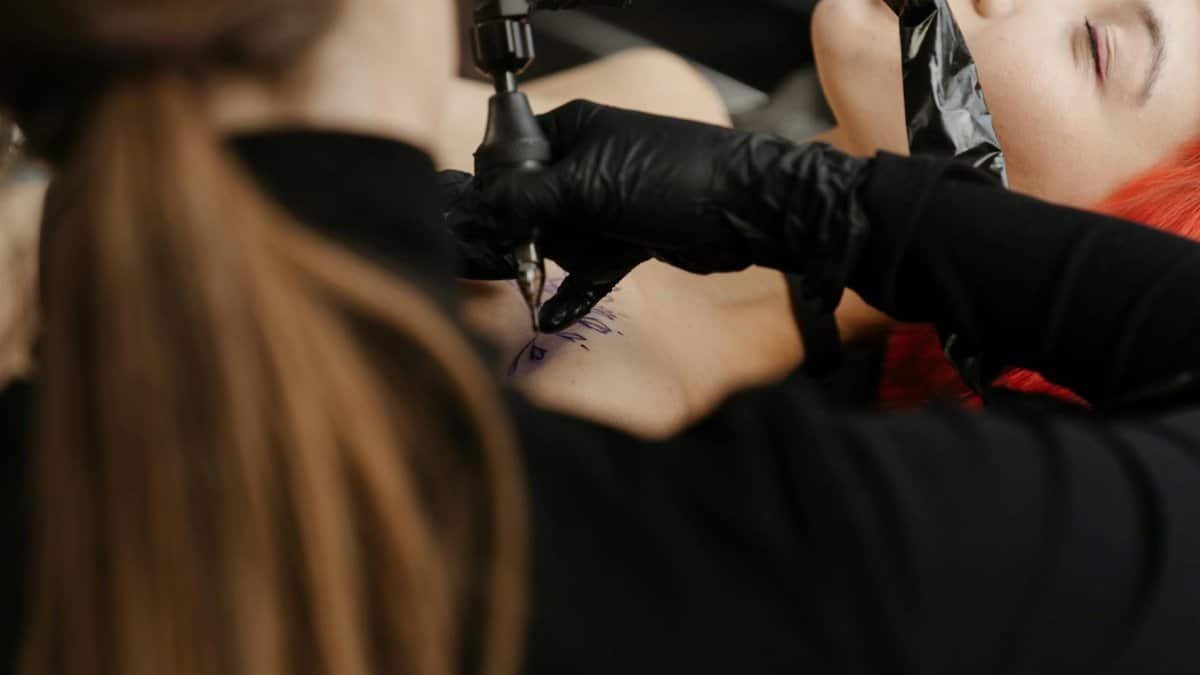
Beyond privacy, there’s a subtler danger: the way AI shapes our relationship with dreams. Historically, dreams have been sacred across cultures—portals to ancestors, warnings, or creative sparks. Now, an algorithm might reduce a vivid vision to a generic diagnosis. Scholars at Harvard University studying AI’s impact on mental health note that over-reliance on tech can dull personal reflection. If an app tells us a dream about water means “emotional overwhelm,” do we stop wrestling with its meaning ourselves? Ai dream ethics demands we ask whether automation risks flattening the richness of human experience.
There’s also the matter of cultural bias. An AI trained on Western psychological frameworks might misinterpret symbols significant in other traditions—a snake as danger rather than renewal, for instance. This mismatch can alienate users or, worse, impose a worldview that doesn’t fit.
The Power of Suggestion

Here’s a twist worth pondering. What if the AI doesn’t just interpret dreams but influences them? Some platforms offer “dream priming” features, suggesting themes or visualizations before sleep to guide the subconscious. It’s marketed as therapeutic, a way to confront fears or boost creativity. Yet, it edges close to manipulation. If a user is nudged to dream of success nightly, does that cross into psychological engineering? The ethical terrain of ai dream ethics grows murkier when technology doesn’t just observe but actively shapes our inner worlds.
Picture a middle-aged woman in Seattle, using such a feature to ease recurring stress dreams. The app suggests imagining a calm ocean. Over weeks, her dreams shift—but so does her sense of agency. Did she heal, or was she programmed? The line blurs, and with it, the autonomy we assume over our minds.
Balancing Innovation and Responsibility
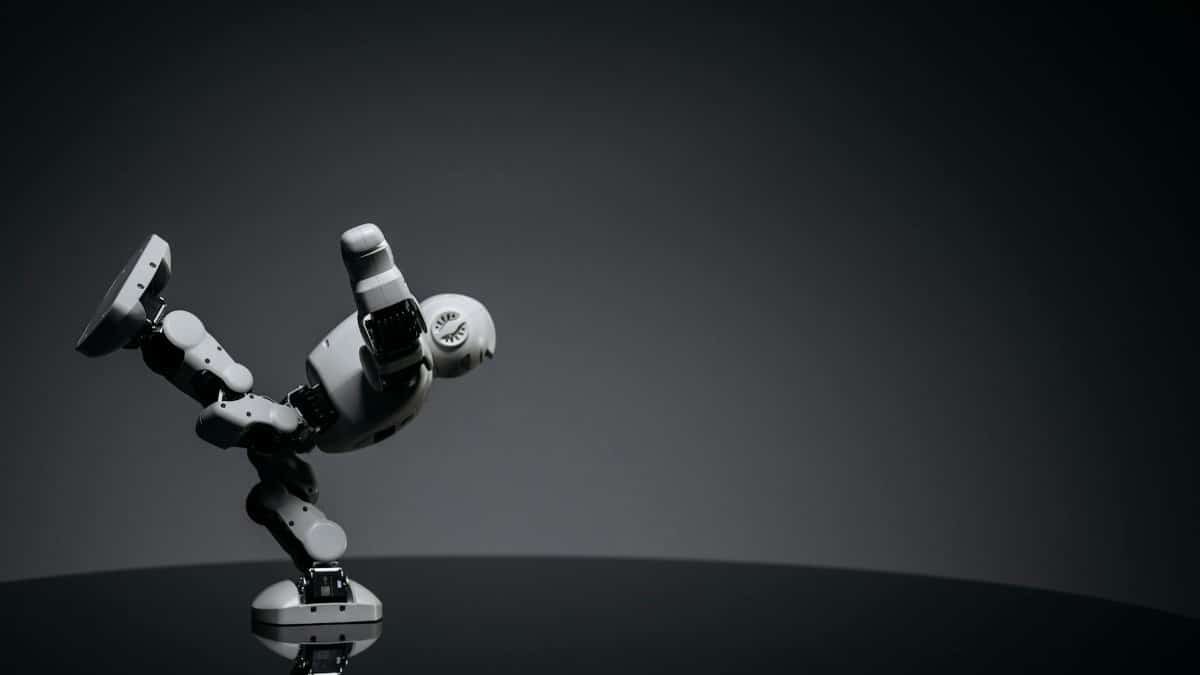
AI dream journals aren’t inherently sinister. They can offer solace, helping people track patterns or process trauma when therapy isn’t accessible. A single parent juggling work and grief might find comfort in an app that validates their fragmented dreams as part of healing. The technology’s potential is real, especially as mental health needs rise in 2025. But innovation can’t outpace responsibility. Developers must prioritize clear consent, robust encryption, and cultural sensitivity. Users, meanwhile, should approach these tools with eyes open, questioning what they’re sharing and why.
Regulation could help. Advocacy groups are already pushing for stricter data laws around sensitive AI applications. Until then, the burden falls on both creators and users to navigate this uncharted space. It’s a shared duty to ensure that tools meant to illuminate don’t instead cast shadows on our most private selves.
Where Do We Draw the Line?

The conversation around ai dream ethics isn’t going away. As AI grows smarter, capable of linking dream patterns to health conditions or personality traits, the stakes will only climb. We’re left with a choice: embrace these tools as mirrors to the soul, or guard against their overreach. Perhaps the answer lies in moderation—using AI as a guide, not a guru. Dreams, after all, belong to us. They’re messy, mysterious, and defiantly human. No algorithm should claim the final word on what they mean.
So, next time a sleek app promises to decode your subconscious, pause. Ask what’s gained and what’s risked. The ethics of this frontier aren’t just about code or data—they’re about preserving the parts of us that even we don’t fully understand.
